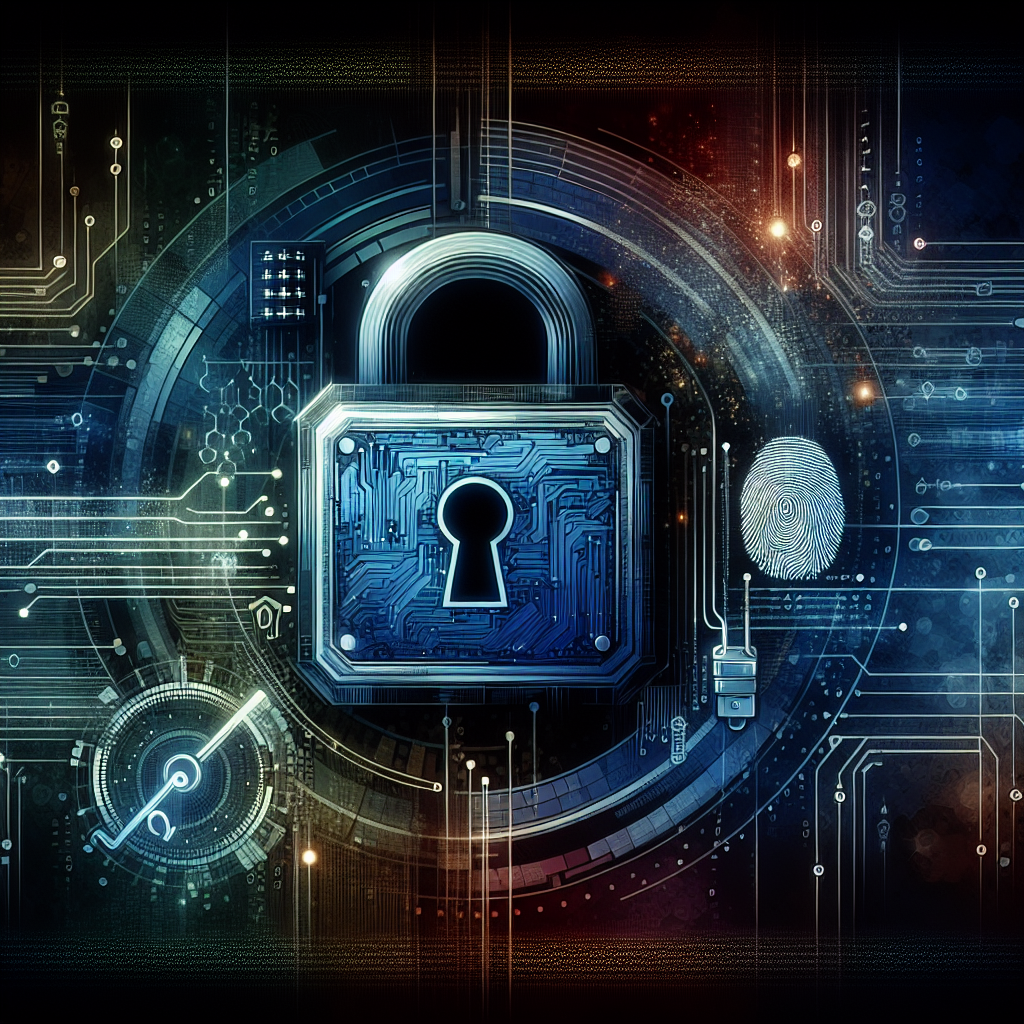Creating Strong Passwords: Tips for Online Security
In today’s digital age, securing your online presence is more crucial than ever. One of the simplest yet most effective ways to protect yourself is by creating strong passwords. But how do you do that? Let’s dive into some practical tips to bolster your online security with password strength. 🔒
Table of Contents
- Why Strong Passwords Matter
- Characteristics of a Strong Password
- How to Create a Strong Password
- Common Mistakes to Avoid
- Conclusion
- FAQs
Why Strong Passwords Matter
Imagine your password as the lock on your digital front door. Weak passwords are like flimsy locks that can be easily picked, leaving your personal information vulnerable to hackers. A strong password is your first line of defense against unauthorized access and identity theft. It keeps your sensitive data safe from cybercriminals who are always on the lookout for easy targets.
Characteristics of a Strong Password
A strong password is like a fortress for your online accounts. Here’s what makes it robust:
🔑 Length
The longer the password, the better. Aim for at least 12 characters to make it harder to crack.
🔑 Complexity
Mix it up! Use a combination of uppercase and lowercase letters, numbers, and special characters.
🔑 Unpredictability
Avoid using easily guessable information like birthdays, common words, or simple patterns (e.g., “1234”).
How to Create a Strong Password
Creating a strong password doesn’t have to be daunting. Here are some tips to guide you:
🎯 Use a Passphrase
Combine random words to form a phrase that is easy for you to remember but hard for others to guess. For example, “PurpleHorse!Jump23”.
🎯 Leverage Password Managers
Consider using a password manager to generate and store complex passwords securely. This way, you don’t have to remember every single one. 😊
🎯 Regularly Update Passwords
Change your passwords periodically to reduce the risk of old, compromised credentials being used against you.
Common Mistakes to Avoid
Even the best-intentioned security measures can fall short if you’re not careful. Here are some pitfalls to steer clear of:
❌ Reusing Passwords
Using the same password across multiple sites increases your risk. If one account gets hacked, others might follow.
❌ Writing Them Down
Resist the urge to jot down passwords on sticky notes or in unprotected digital notes. If you must record them, use a secure method.
❌ Ignoring Two-Factor Authentication (2FA)
Whenever possible, enable 2FA for an added layer of security. It requires a second form of verification and drastically improves your account protection.
Conclusion
By creating strong, unique passwords and following best practices, you significantly enhance your online security. It’s a small effort with a big payoff, keeping your personal information safer in an increasingly interconnected world. 🌐
FAQs
Q: How often should I change my passwords?
A: It’s a good practice to update your passwords every three to six months, or immediately if you suspect a breach.
Q: Are password managers safe to use?
A: Yes, reputable password managers are designed with robust encryption to keep your credentials secure.
Q: What is two-factor authentication, and why should I use it?
A: Two-factor authentication adds an extra layer of security by requiring a second form of verification, such as a code sent to your phone, making it much harder for hackers to access your accounts.
Q: Can I use a password generator?
A: Absolutely! Password generators can create complex, random passwords that are difficult to crack, enhancing your security.





